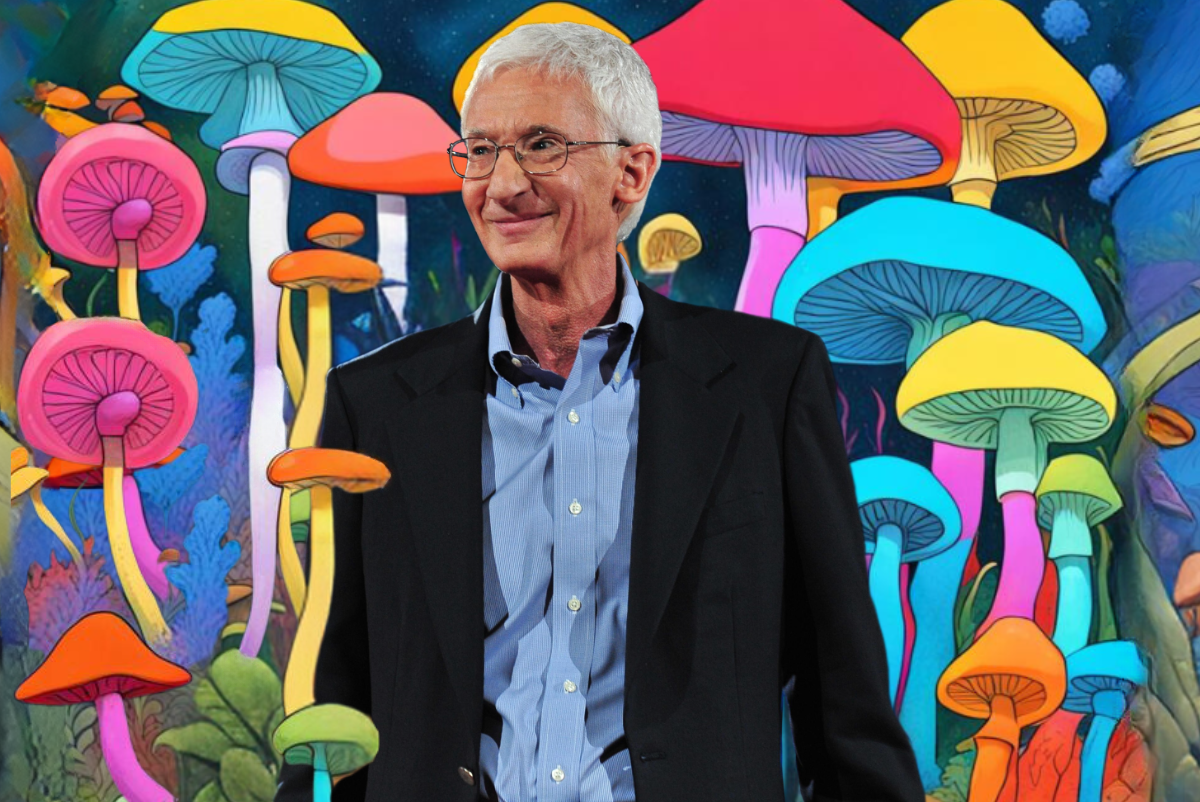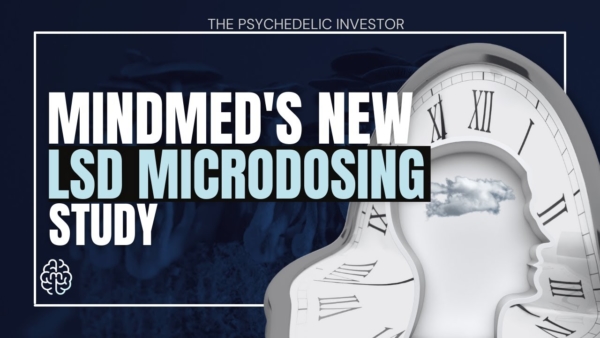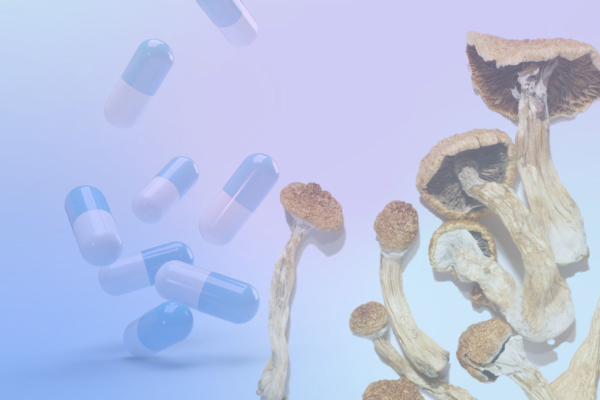
Dr. Roland Griffiths, an esteemed behavioral science and psychiatry professor who reignited interest in the psychedelics field, passed away at age 77. He leaves behind a legacy of trailblazing work in psychedelic research after succumbing to colon cancer at his home in Baltimore.
During his half-century career at the Johns Hopkins School of Medicine, Dr. Griffiths spent decades studying how our brains respond to mood-altering drugs like opiates, cocaine, sedatives, alcohol, nicotine, and caffeine.
Today, he is revered as the scientist who helped prove that psilocybin, the once demonized by the Reagan administration active component of magic mushrooms, can alleviate depression and anxiety in cancer patients, can teat addiction, and can lead to revelatory spiritually meaningful experiences.
Thanks to the “war on drugs”, psychedelic research was put on hold for countless turns of the Earth. However, in 1999, Johns Hopkins University gave Dr. Griffiths the green light to resume research into the medical promise of psilocybin – a decision that catapulted the psychedelic medicines field.
Dr. Griffiths’ 2006 groundbreaking double-blind, placebo-controlled clinical study titled “Psilocybin Can Occasion Mystical-Type Experiences Having Substantial and Sustained Personal Meaning and Spiritual Significance” unlocked researchers’ interest in the mystical and spiritual properties of magic mushrooms. Two years later, he published a follow up paper titled “Mystical-type experiences occasioned by psilocybin mediate the attribution of personal meaning and spiritual significance 14 months later”, showing that, more than a year after their high dose of psilocybin administration, 58 percent and 67 percent of participants, respectively, reported the psilocybin experience as “being among the five most personally meaningful and among the five most spiritually significant experiences of their lives”, 64 percent reported increased well-being or life satisfaction, and 58 percent saw this as a “complete” mystical experience.
Later on, in 2016, he published a randomized double-blind study showing that psilocybin significantly decreased depression and anxiety in patients with life-threatening cancer diagnoses. Each of the 51 participants underwent two psilocybin sessions five weeks apart. Six months later, approximately 80 percent of the patients reported being less clinically depressed and anxious than before the treatment, with some saying that they no longer feared death.
Needless to say, these promising results fired up a frenzy of interest by a new wave of researchers, investors, and so called “psychonauts” triggering an influx of capital in psychedelic research.
Griffiths’ findings inspired him and his team of researchers and colleagues to turn their attention to psilocybin’s potential in treating tobacco addiction – in part because data was way easier to quantify than spiritual experiences. This lead to yet another study that sparked the world’s interest in psilocybin’s anti-addictive properties. Led by Johns Hopkins researcher Matthew Johnson, the small open-label pilot study aimed to investigate whether psilocybin could help people quit smoking. Remarkably, at the six-month follow up, 80 percent of smokers had abstained from cigarettes for at least a week, a mammoth improvement over other smoking cessation treatments, whose efficacy are typically less than 35 percent.
From then on, the psychedelics wagon had officially left the station and the fight to destigmatize substances like psilocybin mushrooms, MDMA, LSD, DMT and ibogaine became ever so heated. A plethora of IPOs investigating psychedelics’ potential to treat conditions such as treatment-resistant depression, anxiety, ADHD, PTSD, and so on, inundated the stock market, millions of dollars were donated to fund psychedelic clinical trials, plant medicine decriminalization efforts have succeeded in decriminalizing psilocybin mushrooms in several states and cities across the United States, psychedelic dispensaries have populated the grey market, and more than a hundred psychedelic clinical trials are now recruiting volunteers.
Of course, we can’t attribute the entire psychedelic movement to one sole person. But we cannot deny that Roland Griffiths’ trailblazing work in the psychedelics field has left an indelible imprint, inspiring a brand new generation of researchers to further explore these substances’ potential to replace or to improve on conventional mental health treatments.
Dr. Griffiths will always be remembered as one of the trailblazers of the psychedelic renaissance. His trailblazing work in psychedelic research has left an indelible mark, inspiring hundreds of researchers to dive head first into the exploration of the transformative potential of psychedelics.





